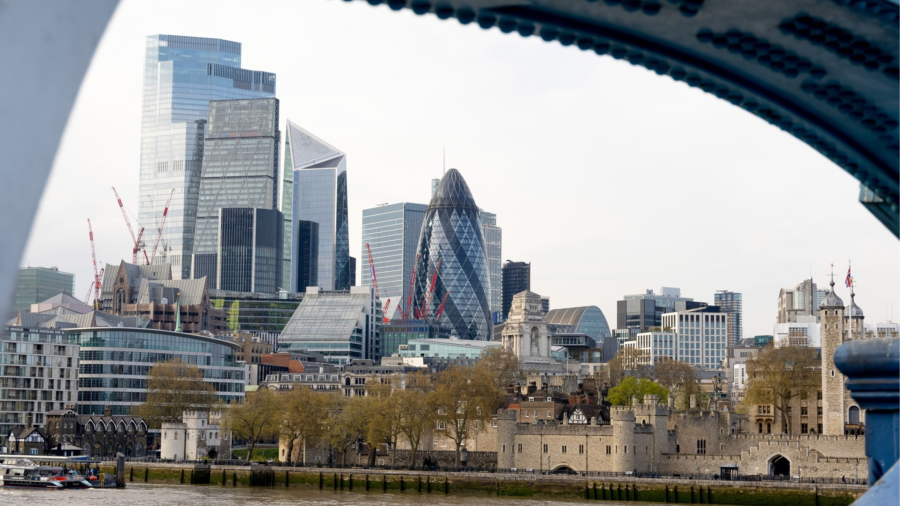
Kwasi Kwarteng on Friday said scrapping the cap on bankers’ bonuses would “reaffirm the UK’s status as the world’s financial services centre”, as he set out sweeping rule changes in a mini-Budget aimed at turbocharging investment in Britain.
In one of the most pro-City of London policy packages for decades, the chancellor vowed to rip up overly burdensome EU rules that he said had held back investment as the new government sought instant “Brexit dividends” from its reforms.
Confirming the end of the bankers’ bonuses cap, Kwarteng said: “We need global banks to create jobs here, invest here, and pay taxes here in London, not Paris, not Frankfurt, not New York.
“All the bonus cap did was to push up the basic salaries of bankers, or drive activity outside Europe,” he added.
Relations between the Conservative party and business have been strained in recent years. They hit a low point when Boris Johnson was reported to have said “fuck business” in 2018, in response to corporate concerns over Brexit.
But current and former City executives welcomed Kwarteng’s plans as a turning point in the government’s stance towards financial services in particular.
Rupert Lee-Browne, chief executive of foreign exchange group Caxton, said that “with enticing tax cuts, removal of bonus caps, regulatory reform and huge spending plans, these measures will put a big smile on the face of the City”.
Miles Celic, chief executive of the lobby group TheCityUK, said the plans made clear that prime minister Liz Truss was “absolutely committed for the UK to be competitive on tax” and would be “hugely welcomed by businesses and investors”.
He added that they would send “a message to the rest of the world that the UK is an attractive place to do business”.
Former HSBC chair Sir Douglas Flint said that although axing the bonus cap “won’t impact the amount of pay” bankers receive, the sector would “have lower fixed costs because base salaries will not be as inflated”.
Flint added that the change would “level the playing field with New York” by helping US banks relocate staff more easily to London from the US, where performance-related payouts are unlimited.
The EU imposed a cap on bonuses in 2014, restricting them to 100 per cent of salary, or 200 per cent with shareholder approval.
Kwarteng said Solvency II, a set of rules that govern the insurance sector, would be overhauled to free up more of the £4tn of investments held by insurers and pension funds to support domestic infrastructure projects and promising businesses.
Kwarteng added that he would introduce draft regulations to reform the pensions regulatory charge cap, enabling defined contribution pension schemes to invest in the UK’s most innovative businesses and productive assets.
Up to £500mn has been promised to support funds designed to catalyse investment from pensions schemes and other investors in the UK’s science and technology businesses.
Kwarteng also said a scheduled change to the rate of the bank corporation tax surcharge would be axed. From April 2023, banks and building societies will continue to pay an extra 8 per cent rate of tax on their profits, rather than a reduced 3 per cent rate, leading to a combined rate of 27 per cent.
However, some executives acknowledged that the measures risked endangering economic stability, with worries about how sterling would react to the profound tax cuts and spiralling national debt.
Caxton’s Lee-Browne said the plan was “not without its risks”, adding that “the cost to the country if it all goes wrong will push the economy backwards”.